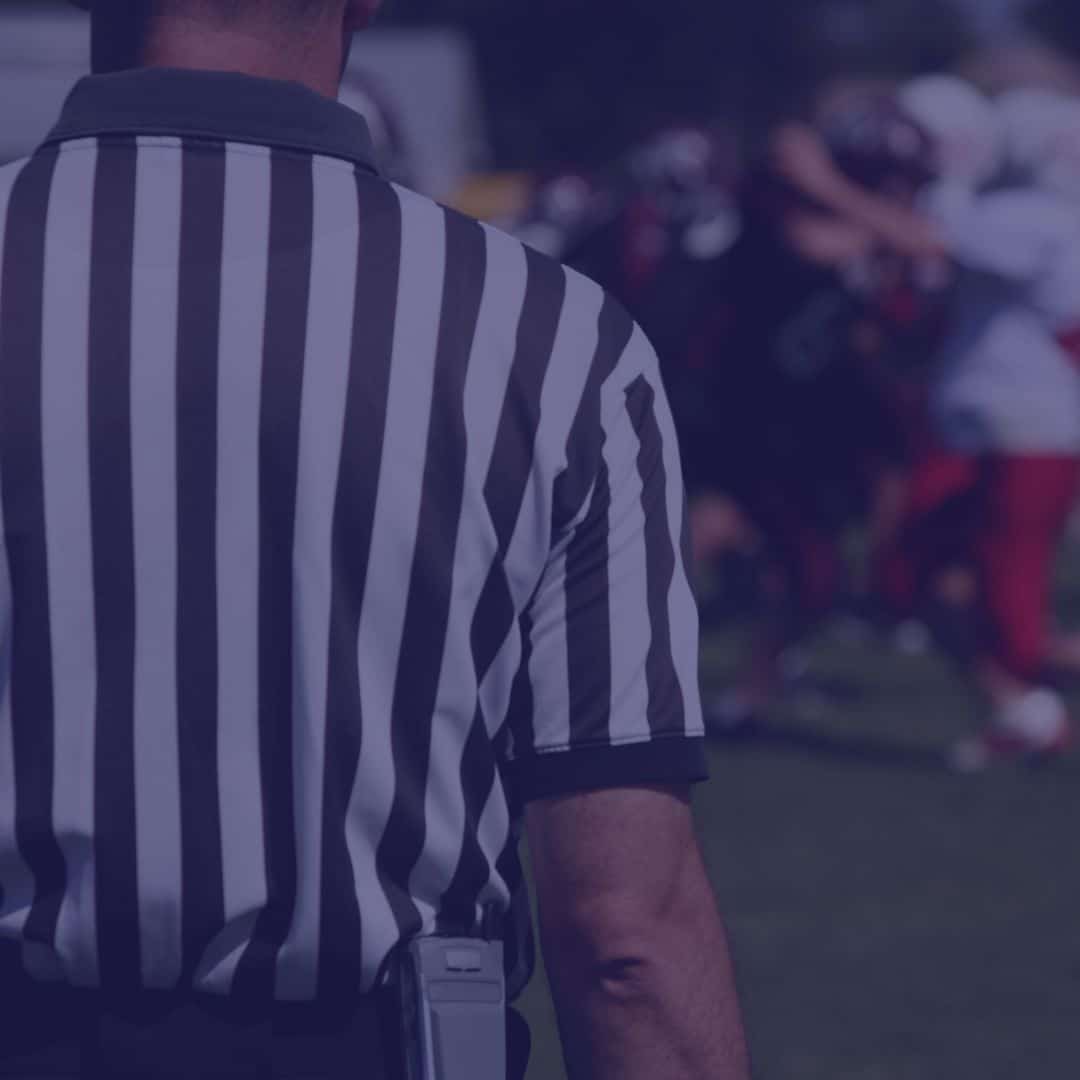During a recent basketball game, emotions ran high as multiple technical fouls were handed out amidst some feisty, chippy play. Imagine this: elbows into chests, questionable fouls called against your team, players barking at each other, and even making a request only to be ignored.
It’s enough to get anyone’s emotions going. In fact, during this game, one player was ejected after receiving two technical fouls, and his coach followed suit.
But what’s most interesting is how each coach—and their players—handled the situation. Let’s dive into it.
Two Teams, Two Approaches
One coach (Coach A) complained about being disrespected and called the officiating “disgusting.” The player who was ejected after two technical fouls (Player A) plays for Coach A.
Keep in mind that a basketball game requires two teams. When chippy play breaks out, it usually involves players from both sides. So, what about the other team?
The other coach (Coach B) took a completely different approach. He did his homework and prepared his team for this particular officiating crew. Coach B knew this group of refs typically let the game flow and didn’t make many calls. He ensured his players were mentally prepared for a more relaxed officiating style.
Player A and Player B, who played for the opposing teams, were at the center of one heated exchange. Both received technical fouls simultaneously. However, while Player A continued to argue and eventually got ejected, Player B managed his emotions, stayed composed, and finished the game.
Mental Preparedness Makes the Difference
Player B successfully managed his mental and emotional state, while Player A didn’t. The difference between the two wasn’t just skill or talent—it was mental readiness. Coach B had prepared his team for this officiating crew’s tendencies. It’s unclear if Coach A did the same.
The question is: How do you respond to poor officiating? Do you whine and complain, playing the victim? Or are you mentally prepared for calls to go against you? Are you ready to move on to the next play without letting emotions take over?

